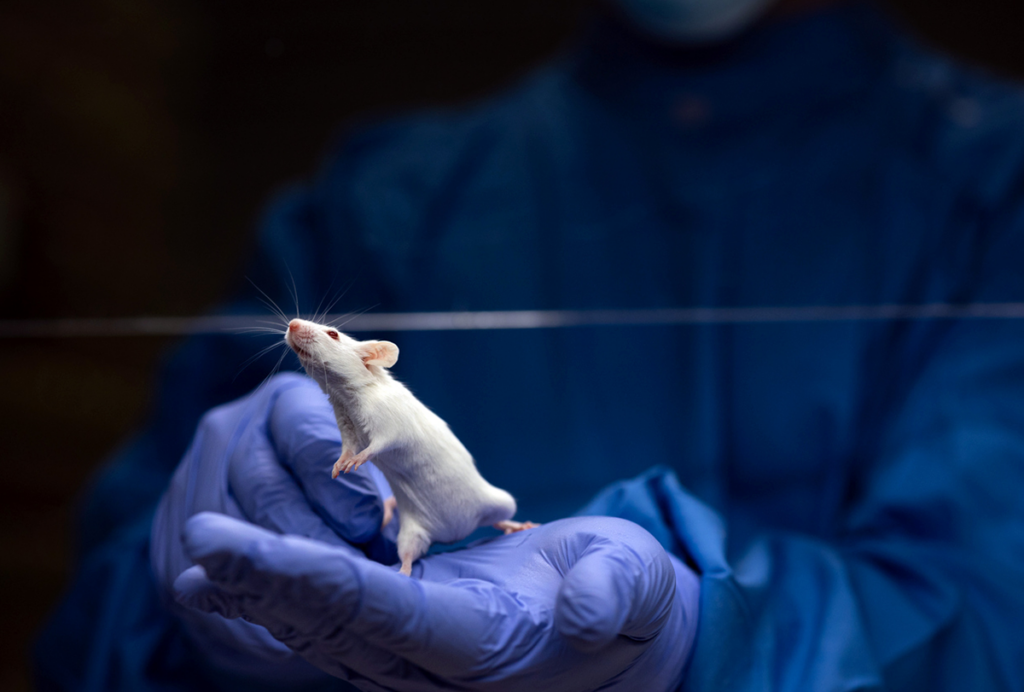Drug merger
Seaside Therapeutics, a small biotech, and Swiss pharmaceutical giant Roche have announced a partnership to develop drugs for fragile X syndrome and autism.
Seaside Therapeutics, a small biotech company, and Swiss pharmaceutical giant Roche have announced a partnership to develop treatments for fragile X syndrome and autism.
Both companies are considered leaders in the still small field of autism drug development. They and another big pharmaceutical company, Novartis, are all developing drugs for autism or related disorders that target a brain-signaling molecule called glutamate.
Seaside, based in Cambridge, Massachusetts, was founded by Massachusetts Institute of Technology neuroscientist Mark Bear. Bear showed more than a decade ago that the cognitive problems in fragile X, an inherited intellectual disability that shares symptoms with autism, are caused by glutamate signaling gone awry.
The start-up, which has been funded almost entirely by Barony Trust, has patents on the use of drugs that block a subtype of glutamate receptors, known as metabotropic glutamate receptor 5 (mGluR5), to treat neurodevelopmental disorders.
Under the terms of the partnership, Seaside will license these patents exclusively to Roche and will collaborate with Roche to develop and commercialize Roche’s mGluR5 drugs. The pharma giant is enrolling people with fragile X syndrome in a mid-stage clinical trial of its own mGluR5 antagonist, known as RG7090.
According to a report in the New York Times, “Seaside will halt development of its own mGluR5 antagonist, which it licensed from Merck, and will instead receive royalties on sales of Roche’s drug.”
Seaside will retain rights to compounds that target glutamate by a different mechanism. These include its experimental drug arbaclofen, or STX209, which dampens excitatory glutamate signaling by triggering an inhibitory signaling pathway in the brain. Arbaclofen is also in clinical trials for autism and fragile X, and Roche will help fund those trials.
The partnership is one aspect of a growing emphasis by Roche on neurodevelopmental disorders. The company sponsored the Translational Neuroscience Symposium in Switzerland in April, which brought together leading autism experts to discuss the best way forward for drug development. Roche is also co-leader of a $38.7 million academic-industry partnership in the European Union whose aim is to speed up autism research.
Recommended reading

New organoid atlas unveils four neurodevelopmental signatures

Glutamate receptors, mRNA transcripts and SYNGAP1; and more

Among brain changes studied in autism, spotlight shifts to subcortex
Explore more from The Transmitter

Not playing around: Why neuroscience needs toy models
